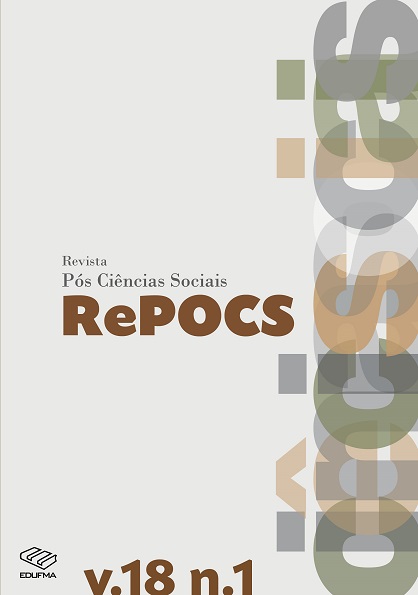O BRASIL COMO “TERRENO DE EXPERIMENTAÇÃO” DA EXPERTISE GERENCIAL: A ATUAÇÃO DO CONSELHO DE REITORES DAS UNIVERSIDADES BRASILEIRAS (1966-1985)<br/><br/>BRAZIL AS A "LABORATORY" FOR MANAGEMENT EXPERTISE: THE ROLE OF THE BOARD OF DIRECTORS OF BRAZILIAN UNIVERSITIES (1966-1985)
DOI:
https://doi.org/10.18764/2236-9473.v18n1p63-84Palavras-chave:
Universidade, Gestão, Neoliberalismo, Educação superior, Circulação internacional, University, Management, Neoliberalism, Higher education, International circulationResumo
Na literatura contemporânea sobre as transformações do ensino superior existe um forte consenso de que a expansão do saber gerencial foi um dos principais fatores que alterou sua dinâmica e organização interna. No caso do Brasil, são muitos os trabalhos que, seguindo essa percepção geral, apontam a estreita relação existente entre as políticas ditas “neoliberais” implementadas a partir da década de 1980, e a modernização gerencial difundida no país a partir de acordos de cooperação com os EUA durante os anos 1950 e 1960. No entanto, esses trabalhos, de modo geral, falham ao não conseguir mostrar, empiricamente, como se dá a relação entre esses dois momentos da história das políticas educacionais do país. O objetivo do presente trabalho é contribuir para a compreensão dessa relação a partir da análise de Yves Dezalay e Brynat Garth sobre o modo pelo qual a América Latina funcionou, nos anos 1950 e 1960, enquanto um “terreno de experimentação” de políticas que viriam a se difundir mundialmente nos anos 1980 e 1990. Para tanto, tomamos como objeto o Conselho de Reitores de Universidades Brasileiras (CRUB), no período que vai de 1966, ano da sua criação, até 1985, ano que marca o fim do regime militar, analisando tanto o conjunto de acordos internacionais então firmados pelo CRUB, quanto o resumo das suas principais atividades, e o perfil da sua diretoria executiva no período analisado.
ABSTRACT
In the contemporary literature on the transformations of higher education there is a strong consensus that the expansion of managerial knowledge was one of the main factors that altered its dynamics and internal organization. In the case of Brazil, there are many studies that, following this general perception, point to the close relationship between the so-called “neoliberal” policies implemented since the 1980s and the managerial modernization diffused in the country through cooperation agreements with the USA during the 1950s and 1960s. However, these works generally fail to show the relationship between these two moments in the history of educational policies in the country empirically. The objective of the present work is to contribute to the understanding of this relationship using, as a starting point, the analysis of Yves Dezalay and Brynat Garth on how Latin America functioned in the 1950s and 1960s as a “laboratory” of policies that would begin to spread worldwide in the 80s and 90s. To this end, we investigate the Council of Rectors of Brazilian Universities (CRUB) in the period from 1966, the year of its creation, until 1985, the year that marks the end of the military regime, analyzing both the set of international agreements signed by the CRUB during the period as well as the summary of its main activities and the profile of its executive board in this period of time.
Downloads
Downloads
Publicado
Como Citar
Edição
Seção
Licença
Direitos autorais Revista Pós Ciências Sociais
Este obra está licenciado com uma Licença Creative Commons Atribuição 4.0 Internacional.


